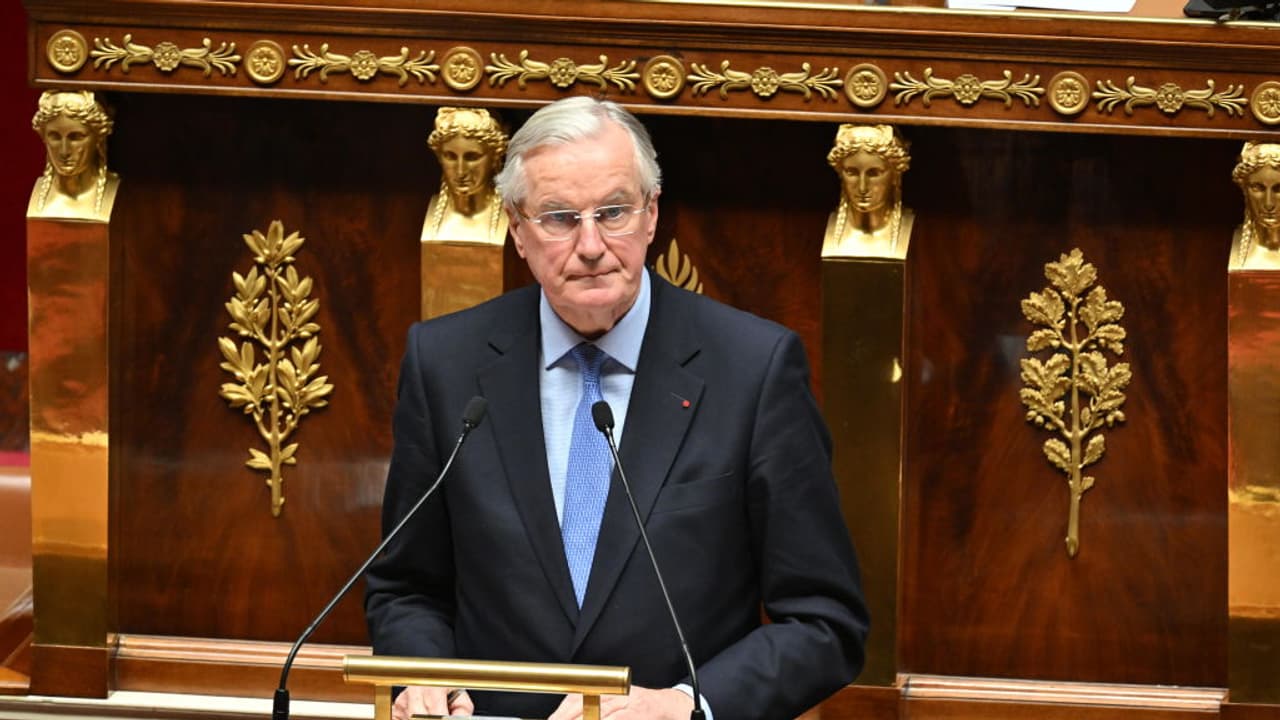The French government, led by Prime Minister Michel Barnier, has been ousted following a dramatic no-confidence vote in the National Assembly.
France’s government was toppled on Wednesday after a no-confidence vote against Prime Minister Michel Barnier succeeded, plunging the European Union’s second-largest economy into political uncertainty. The motion, supported by 331 lawmakers from both far-right and left-wing factions, marked the first time a French government has fallen to such a vote since Georges Pompidou’s administration in 1962.

The result obliges Barnier to tender his resignation to President Emmanuel Macron, along with that of his government. The collapse of Barnier’s administration has left France in political limbo, threatening its ability to legislate and address its massive budget deficit.
Roots of the crisis
The no-confidence vote was triggered by Barnier’s controversial use of special constitutional powers to bypass parliament and pass a portion of an unpopular budget. The 60 billion euros austerity package aimed at reducing France’s deficit drew sharp criticism from both the far-left and far-right, with Marine Le Pen, leader of the National Rally, calling the budget “dangerous, unfair, and punitive.”
The political turmoil follows a snap election in June, called by Macron, which resulted in a deeply polarized parliament. Without a clear majority, Barnier’s minority government struggled to push through its agenda, culminating in the vote of no confidence.
Barnier's farewell speech
Before the vote, Barnier addressed the National Assembly in an emotional speech, defending his controversial decision to bypass parliamentary consultation to push through the government’s budget.
Barnier said that he is "not afraid" of being voted out, and has "rarely been afraid" in his long political career. He further stated that what is most important "is our capacity to take steps towards each other" and to "go above the general interest" to take steps forward, whether they are big or small.
Acknowledging the possibility of his defeat, Barnier concluded, “It has been an honour to serve as prime minister, even if only for a few months.” His remarks were met with a standing ovation from the chamber, signaling respect for his efforts despite his short tenure.
Economic and political repercussions
France now faces a period of heightened uncertainty, with investors already reacting nervously. Earlier this week, the country’s borrowing costs briefly exceeded those of Greece, signaling a loss of confidence in its economic stability.
The crisis could also delay the passage of the 2025 budget, though constitutional provisions allow emergency measures to avert a US-style government shutdown. However, such actions would likely come at significant political cost.
On the European stage, France’s instability adds to existing challenges within the EU, already grappling with the collapse of Germany’s coalition government. The crisis also comes just weeks before US President-elect Donald Trump’s return to the White House, complicating diplomatic and economic coordination among Western powers.
Macron's options
President Macron must now swiftly decide on a path forward. Sources suggest he aims to appoint a new prime minister before a high-profile ceremony to reopen the Notre-Dame Cathedral on Saturday, an event US President-elect Trump is expected to attend.
However, any new prime minister will face the same parliamentary gridlock as Barnier, with no new elections possible before July under the French constitution. Macron could also ask Barnier to stay on in a caretaker capacity while he searches for a candidate capable of uniting a fractured parliament.
Alternatively, Macron could use special constitutional powers to pass key legislation by decree. While legally contentious, this option could buy time but risks further inflaming political tensions.
Macron’s opponents, including Le Pen, have seized on the crisis to call for his resignation, a demand he has shown no signs of entertaining. However, the political gamble is not without risks for Le Pen, who has worked to position her party as a credible governing alternative. Prolonged instability could erode confidence in her leadership as well.
Barnier’s allies and Le Pen’s National Rally blame each other for the crisis, underscoring the divisions that have paralyzed France’s government. As the country navigates this tumultuous period, all eyes are on Macron to chart a course out of the political quagmire.
With the year ending in uncertainty, France faces the daunting challenge of restoring stability in a deeply divided political landscape.
